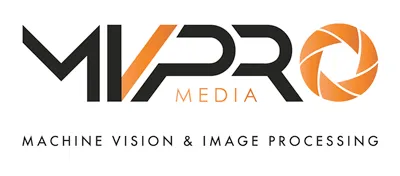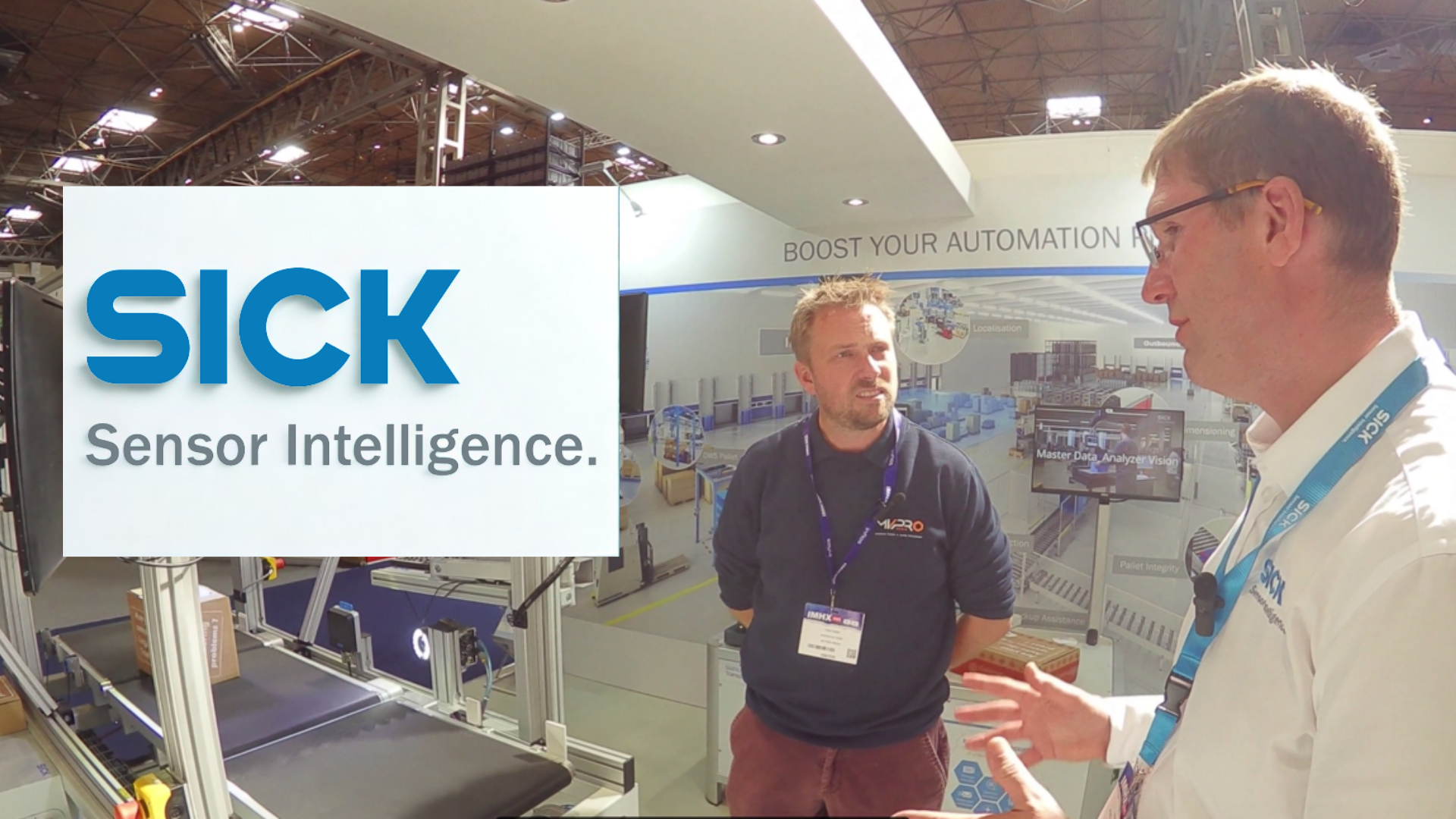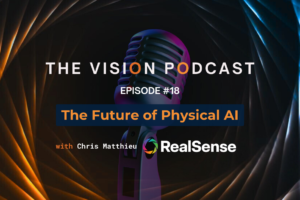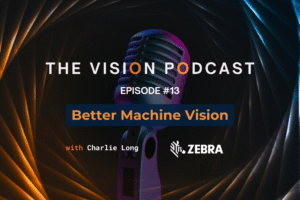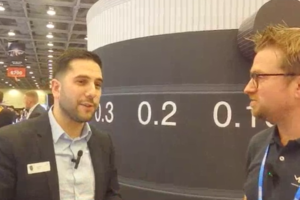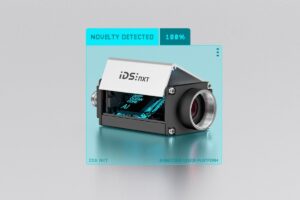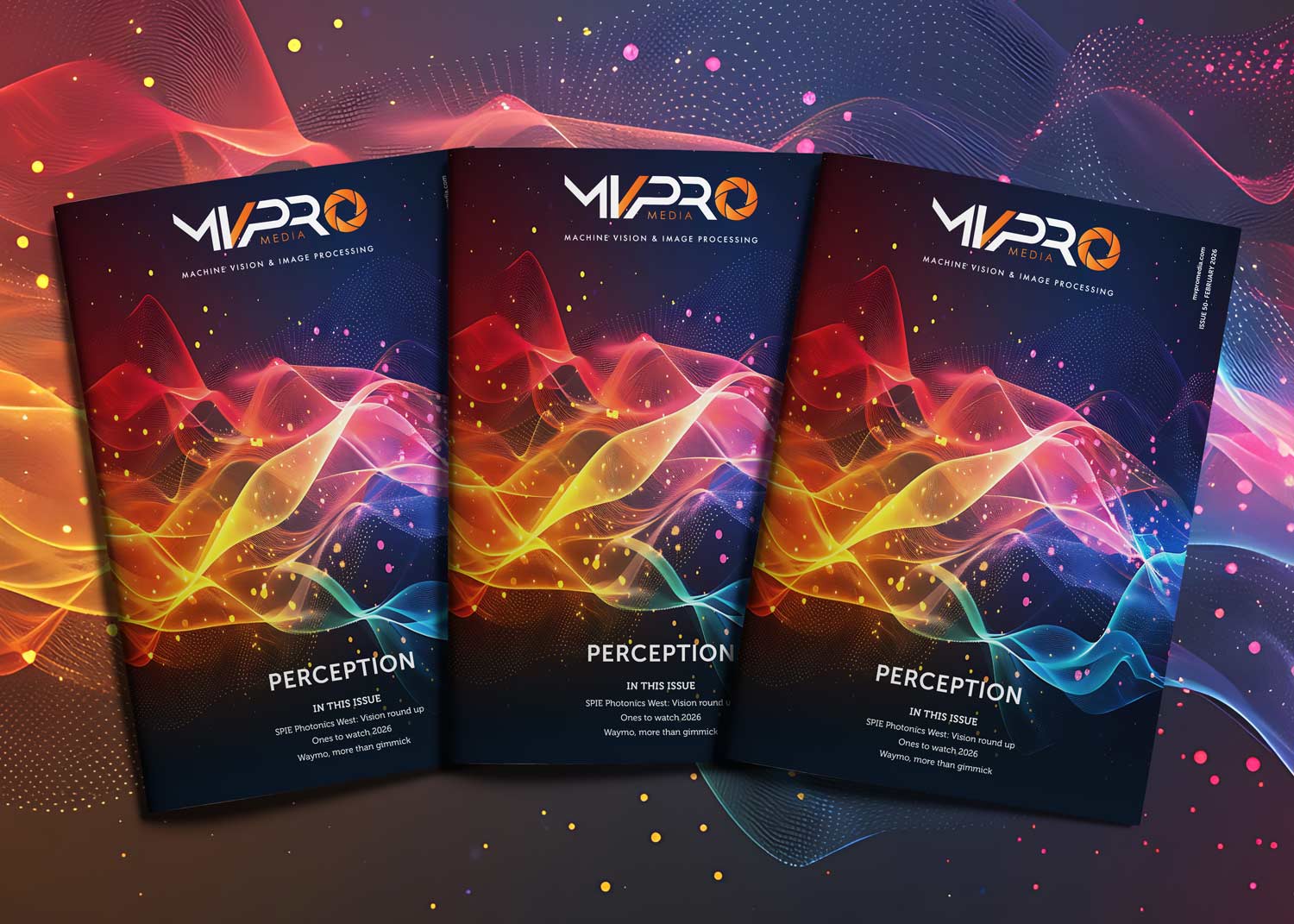We’re back with another instalment of our series of interviews with machine vision CEOs! This time, LMI Technologies‘ Mark Radford joins us to discuss his company’s approach to machine vision.
Mark details his journey to becoming the CEO of LMI Technologies, provides a run-down of what his company does, and highlights how LMI’s products improve efficiency in various sectors.
1.) What was your journey from starting in machine vision to becoming the CEO of LMI?
I joined LMI Technologies in 2006 as an R&D Engineer, where I was able to apply my background in Engineering Physics to designing industrial 3D machine vision sensors. Several years later, as the leader of LMI’s sensor development team, I helped create the original Gocator 3D smart sensor which would go on to redefine LMI’s product standards and kick off an exciting period of growth for LMI. From there I moved up to lead LMI’s R&D group as the Director of Technology and helped develop and introduce numerous Gocator models that would help expand LMI’s market presence.
In 2014, LMI’s rapid growth led to challenges keeping products on the shelf and meeting the delivery expectations of our growing customer base. At this time, I switched over to LMI’s Operations group, and as LMI’s Director of Operations, I led a transformation to modernise our production equipment and facilities, along with our purchasing and manufacturing processes. I have been LMI’s CEO since 2021 and am extremely excited about the opportunity to lead LMI forward into the next chapter of our story.
2.) Our readers will know plenty about LMI, but how would you describe the company to someone who may be unfamiliar?
LMI Technologies is a leading developer of 3D scanning and inspection solutions. Founded in 1979 and headquartered in Burnaby, British Columbia, Canada, we specialise in providing cutting-edge smart 3D sensor solutions for industrial manufacturing applications such as inline quality control and inspection, factory automation, robot vision and guidance, and surface metrology. Our sensors allow complete 3D mapping of complex parts at production line speeds, and our powerful embedded software allows our customers to develop advanced vision solutions without additional hardware or software. We also offer turnkey AI-based solutions to deploy the power of deep-learning-driven visual inspection into industrial production processes.
As a company, we place a strong emphasis on research and development, product innovation, and customer service in order to continually improve the capabilities of our products and ensure that we are always ahead of the evolving needs of our customers.
The company’s primary focus is on developing what we call “smart” sensor technologies, which really means the integration of vision hardware, software, and factory communication into a single, easy-to-use platform. While our competitors often sell their technologies separately as components, we believe that the best present and future solutions for the customer are “all-in-one”. This philosophy is at the heart of what we call “FactorySmart”. Some of the key features of this approach include a web-based browser interface, onboard software and measurement tools, built-in I/O, custom HMI-building capability, native multi-sensor networking support, and dedicated edge processing and acceleration hardware. The seamless integration of all of these pieces means that our customers can build advanced vision solutions without writing any code, and get their inspection, optimisation, and automation problems solved quickly and easier, with a low total cost of ownership.
3.) Tell us, what sets LMI apart from the rest of the market?
LMI Technologies specialises in 3D (height-based) scanning and inspection solutions, where many other machine vision companies primarily focus only on 2D (contrast-based) vision systems. This focus on 3D (we also provide 2D inspection!) allows us to provide more robust measurement for manufacturing applications, as we directly measure the shape of objects. In addition, our precalibrated all-in-one sensors measure in engineering units right out of the box, and don’t require our customers to understand lens and lighting setup, or pixel to mm calibrations.
Next, we offer continuous product innovation. LMI is known for developing and integrating innovative technologies into its machine vision products. This includes going above and beyond with our R&D and sensor design to meet customer needs. While this is partially captured in our several hundred patents, we also invest in developing custom optical components and configurations to achieve higher speeds and resolutions in our popular laser profiler product portfolio, and advanced manufacturing infrastructure to ensure our products are of the highest possible quality.
We continually push the envelope of scan coverage by introducing the widest fields of view on the market, including a line profile sensor with a FOV of up to two meters. In addition, we recently released an alternative “coaxial” optical design to our existing line confocal sensor lineup to achieve shadowless scanning performance for improved measurement of steep-angled, deep-grooved, and protruding features in semiconductor and electronics inspection.
We also invest substantially in our software platform to continually increase the breadth and capability of the solutions we can offer our customers. Built upon our next-generation IOT-enabled software, we provide powerful capabilities for data processing (including both traditional and deep-learning based algorithms), analysis, visualisation, and integration with existing manufacturing workflows. For more advanced applications, we offer customer-specific solutions, including our turnkey AI-based FactorySmart solutions. By staying at the forefront of sensor technology innovation, LMI can offer customers these cutting-edge solutions that meet the demanding requirements of industrial applications.
Over many years of operation the company has developed deep industry expertise across different industries, from wood and automotive to semiconductor, consumer electronics, and rubber & tire. This experience allows us to understand the unique challenges and requirements of each sector we serve, and tailor our vision solutions to address specific industry needs effectively. Our industry knowledge also allows LMI to provide an intimate customer experience, acting as a solutions partner that provides valuable insights and support to its customers, working hand-in-hand to help them achieve their manufacturing goals more time and cost-efficiently.
Finally, LMI Technologies prioritises customer satisfaction and success, providing comprehensive support services, including training, consulting, and technical assistance. The company works closely with its customers to understand their specific requirements and challenges, ensuring that its solutions deliver maximum value and performance. This customer-centric approach sets LMI apart as a trusted partner for businesses seeking to leverage 3D vision technology effectively.
4.) Which specific solutions have brought you the most success, and where?
Our flagship Gocator line of 3D smart sensors and our best-in-class on-sensor software platform are the most recognisable and successful products in the LMI portfolio.
The Gocator family of smart 3D sensors are designed for industrial automation and quality inspection applications. These compact and easy-to-use devices offer high-speed, high-resolution, wide field of view 3D scanning capabilities, making them ideal for tasks such as surface inspection, part measurement, and defect detection. The Gocator series is recognised for its high performance, versatility, reliability, and integration flexibility, along with low total cost of ownership, making it a popular choice among manufacturers worldwide.
LMI’s vision inspection software is another key contributor to our success, with its comprehensive suite of tools for configuring, controlling, and analysing data from Gocator 3D sensors. This on-sensor software provides powerful features for real-time measurement, visualisation, and decision-making, enabling users to optimise their inspection processes and improve product quality. The intuitive web browser-based user interface, factory communication capabilities, and flexible customisation options make LMI’s software a valuable asset for businesses looking for complete, end-to-end 3D inspection solutions.
While LMI’s hardware is already industry-leading, combining it with our inspection software creates a unique, high-value solution for our customers.
LMI Technologies is truly an international company. We distribute our products to customers in various countries in North America, Europe, Asia-Pacific, and other regions. LMI has offices in the United States, Canada, China, Japan, South Korea, India, Germany, the Netherlands, and Finland. In addition, we have more than 60 partners who support our products in 40 countries.
5.) In which areas does LMI improve efficiency?
LMI’s solutions are so versatile, it’s difficult to break down their value into just one statement, but in general our products create value for our customers in one of three ways: inspection, automation, or optimisation.
In inspection, the primary benefits of our products to the customer are improved product quality, improved product safety and decreased manufacturing waste. Inspection can either isolate defective parts before they are built into defective products, or help control production processes to ensure they continually produce acceptable parts.
In automation, our products allow systems to operate more efficiently by creating eyes for robots, therefore allowing the systems to be much more intelligent. This can create increased efficiency of the process by improving yields, improving processing speed, automating dangerous and straining work, or even allowing automation in areas that would not otherwise be possible without vision.
Finally, in optimisation, our products allow customers to increase the value extracted through a processing operation. This is common in processing of organic items such as in the food and wood industries, where no two “parts” are alike. Our sensors allow customers to make more efficient processing decisions, increasing the value of the product they produce and decreasing the amount of waste in the process.
One example I like to share is EV battery inspection, simply because it’s so relevant to today’s green manufacturing movement. In EV battery manufacturing there are multitude of processes and steps that allow raw materials to be combined to form battery cells, which are then assembled into battery modules, which are then combined to form the battery packs that are ultimately installed in the vehicle. Manufacturers are looking to ensure that there is no opportunity for a defect in any one of the steps to compromise the performance, reliability, or safety of the finished product.
Our Gocator sensors are used at all critical inspection stages to detect relevant defects in the production process. Gocators are perfect for these steps, as our sensors can be easily networked together in a variety of layouts to achieve the required resolution no matter the parts shape or size. Our built in tools allow wide, opposing or ring layouts (which allow for example a complete 360º scan of cylindrical battery cells) to be aligned to bring all of the data together in a common coordinate system. Within the onboard software, a 3D point cloud of the cell is generated in the visualiser, in real-time, and is then ready for measurement and inspection. The user can then apply built-in Array tools, with no extra development required, to efficiently measure repeating patterns such as all the individual cells in the module separately in a single operation, and ensure they are all within tolerance. Whenever a measurement is out of tolerance a NO GOOD decision is instantly communicated to allow the part to be segmented for either additional inspection, rework, or recycling.
To me what stands out about the whole process is this smooth, simple, point-and-click functionality that is truly radical once you see how efficient it is. The whole workflow, from sensor setup to scan and measurement, is so seamless and compact that it really makes you pause and consider the significant time and effort that can be saved in a process that is often manual, tedious, time-consuming, and error prone. I think you really have to see the whole smart 3D process in action to understand the kind of results we are able to deliver at incredible speeds and scale.
6.) Finally, do you foresee any key trends for the rest of this year?
One of the key trends I see for 2024 and beyond is the continued evolution of AI-based inspection for manufacturing applications. The way in which machine learning can be integrated into existing rule-based vision inspection systems to add that extra layer of depth, accuracy, and scalability is now starting to really hit its stride after a few false starts.
As workflows and tools are improving, it’s becoming easier and easier to hand over management of the datasets, labeling, and training to quality or plant engineers, allowing customers to continually refine and improve their vision systems.

Mark joined LMI Technologies in 2006 as an R&D Engineer. He would later lead LMI’s R&D group as the Director of Technology and help develop and introduce numerous Gocator models that would help expand LMI’s market presence.
